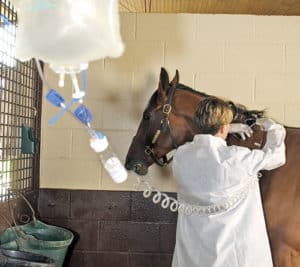
Suspected Salmonellosis in Horses: What Do You Do?
Learn to navigate the murky waters of diagnostic testing for this zoonotic disease.

Learn to navigate the murky waters of diagnostic testing for this zoonotic disease.
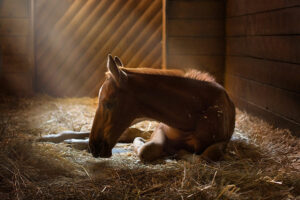
An equine internist explains how she makes testing decisions and interprets results.

Learn how equine veterinary clinics institute strict biosecurity measures to contain, prevent, and control disease outbreaks.

Horse manure is rich not only in energy and soil-building nutrients, but also information about your horse’s health and well-being. In this article, veterinarians offer guidelines to help you better “read” your horse’s poop.
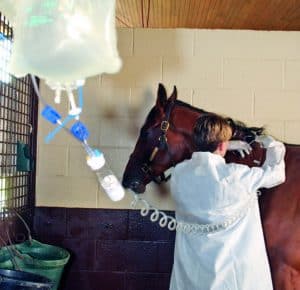
A Texas A&M-led study sought to describe “normal” equine microbiomes and compare those results to horses with colitis related to both antibiotic administration and Salmonella infection.
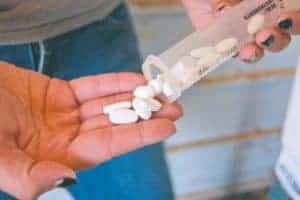
Antimicrobial-resistant infections of all kinds continue to challenge veterinarians and compromise equine health. So, what are veterinarians doing to curb it, and what can you do to help?
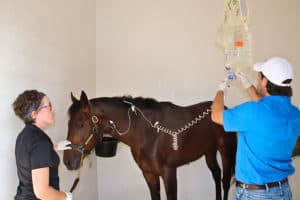
While some types of diarrhea in horses present little to worry about if watched carefully, others can be life-threatening. Read more about this condition’s causes, diagnosis, and treatment.

Here are some biosecurity practices you can put into place at the clinic and on the farm to prevent salmonellosis.
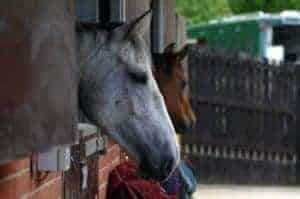
Reported diseases included African horse sickness, atypical myopathy, contagious equine metritis, salmonellosis, and more.
The USDA APHIS Miami Animal Import Center, in Florida, temporarily stopped accepting new equine imports Jan. 19 due to a suspected salmonellosis outbreak.

Officials reported diseases including African horse sickness, equine influenze, strangles, EHV-1, EIA, and more.

The bacterium Salmonella enterica can spread quickly between horses on a farm or in a hospital setting, causing significant financial and even equine losses. Here’s how one veterinarian recommends managing positive cases.
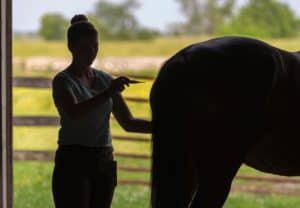
Confirmed diseases include equine influenza, equine herpesvirus, piroplasmosis, salmonellosis, rabies, and more.

Horses that developed salmonellosis following colic surgery and survived to discharge did as well as those that did not develop salmonellosis.
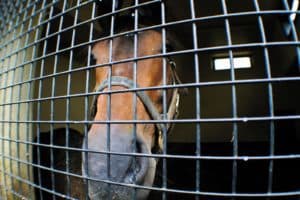
Dr. Josie Traub-Dargatz shares lessons learned from equine disease outbreaks and tactics for avoiding infection spread.
Confirmed diseases include influenza, EHV, strangles, nocardioform placentitis, piroplasmosis, EIA, and more.
Stay on top of the most recent Horse Health news with
© 2022 Copyright Statement dolor sit amet, consetetur sadipscing User Terms, sed diam nonumy eirmod tempor invidunt ut labore et dolore magna aliquyam erat, sed diam voluptua. At vero eos et accusam et justo duo dolores et ea rebum. Stet clita kasd gubergren, no sea takimata sanctus est Lorem ipsum dolor sit amet.
"*" indicates required fields